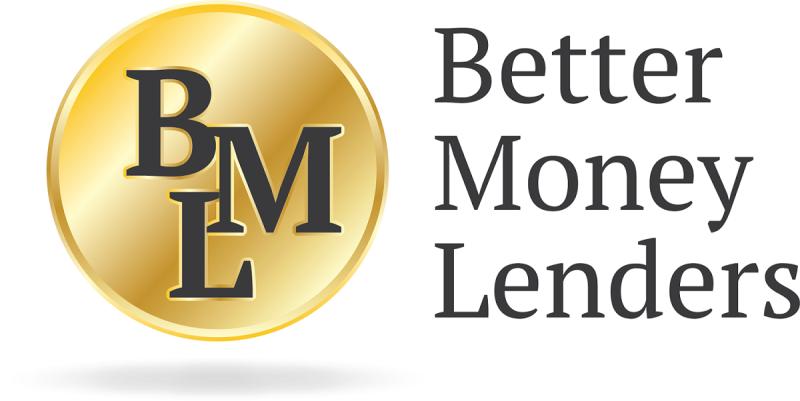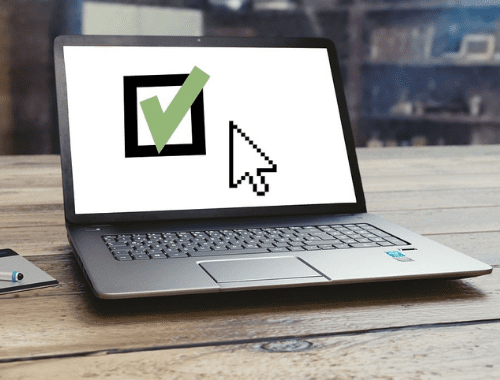Ways to Increase Your Borrowing Capacity
With house prices rising in all states and territories, we are again looking at falling levels of affordability.
When the time comes to purchase a property, often the most important element is just how much a bank is going to lend you. This is known as your borrowing capacity, and the good news is that there are things you can do to increase it.
Know your credit score
The first thing a lender will do when assessing your application is to look at your credit score. If you’ve got a history of unpaid bills or late payments, they will likely perceive you as being higher risk and may lend less to you, than a borrower with a higher credit score. You can start improving your credit-worthiness by paying your bills on time and preferably early, as well as getting a copy of your credit report and making sure there are no errors.
Reduce debts
Your borrowing capacity is effectively the spare money between how much you earn and how much you spend. Things like debts are fixed expenses that will weigh down your ability to borrow. You might be able to consolidate some of your higher-interest debts (eg, credit cards) into something like a personal loan to put you in a more favourable financial position. However, the best thing to do if you’re serious about buying a property is holding off on accruing that debt in the first place, which potentially means not using credit for things like trips or even an expensive car.
Cutting credit cards
One of the easiest ways of increasing your borrowing capacity is by cutting down on your credit cards. While credit card debt isn’t necessarily a bad thing, what is now commonly known is that lenders assess your credit card limit as if it is entirely maxed out. A $10,000 credit card limit could be the difference between your being able to afford a house or missing out. If you don’t need a credit card or can get away with a lower limit, it’s something you should consider arranging before applying for a home loan.
Reduce your expenses
It’s not just about your income when applying for a home loan. Lenders go over a person’s expenses in great detail. Expenses include everything from fixed costs, such as rent and utilities, to other things like eating out and entertainment. Most lenders will assess your last 3-6 months of bank statements to get an idea of what you actually spend your money on. If you need a home loan, cutting back on the luxuries for a while will not only help you build good money habits, but could also boost your borrowing capacity.
If you have a question or would like more information, please contact…
Steve
Mobile 0423 894 864
steve@bettermoneylenders.com.au
Brett
Mobile 0428 156 680
brett@bettermoneylenders.com.au






